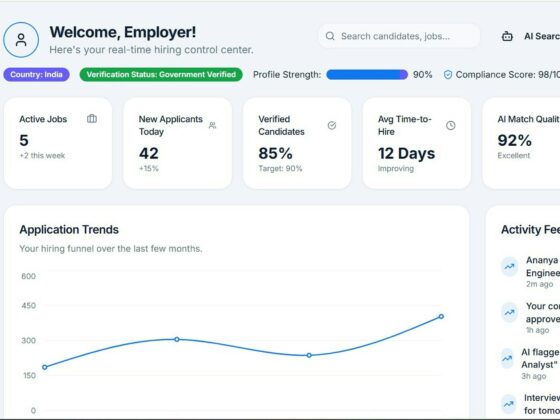
Did you know that some of the most useful tools in hospitality were never meant to be products? Often, the best technologies are those that have been built by real-life operators – industry insiders with hands-on experience of toiling away in what can be a hugely challenging sector.
But how can you tell whether something that’s working wonders in-house is strong enough to survive in the open market? In such a saturated market, it requires more than an unusual tool or a shiny dashboard to catch investor attention or find product-market fit. And the temptation can be tantalizing for operators who’ve coded something impressive to solve internal bottlenecks: Should we spin this off? Could we sell it?
But the leap from useful to sellable isn’t just about the tech — it’s about timing, leadership, and a brutally honest assessment of whether you’re actually solving a problem for the broader industry. Many start-ups have crashed and burned in all kinds of sectors simply because they didn’t make sure there was enough of an addressable market for their product before they went all-in.
My brother and I built Boom as an AI-driven infrastructure to solve problems in our property management business that outside solutions just weren’t helping with. We certainly weren’t setting out to launch a SaaS company! But what we discovered — and what many founders and CTOs suspect — is that the problem we solved wasn’t just ours. And that’s when things started to change.
So, how do you know if your internal tool is ready for a life beyond your business?
Does it solve an industry-wide problem?
The best B2B products come from lived experience — and real pain points. But just because you felt the burn doesn’t mean everyone else is engulfed by the same flames. If your tool only makes sense within your operational context — specific geography, portfolio size, tech stack, team structure — it may not scale as a product.
What tipped us off at Boom was how often the same complaints came up when we spoke to industry colleagues: “We’re drowning in tickets.” “Our team is on the edge of burnout.” “We’re using too many tools.” When our internal AI tools solved those for us, and we started hearing the same needs echoed by others, that was our market signal.
Listen carefully: Are others asking for access? Offering to pay? Saying, “If only we had that too”? That’s validation worth paying attention to.
Can you prove it works — with numbers, not just stories?
Potential clients aren’t going to buy based on your anecdotes, especially if more established competitors have already earned their trust. A product only becomes commercially viable when it can show clear, measurable outcomes. Think:
- Time saved
- Mistakes reduced
- Margins widened
- Staff retention improved
- Revenue increased
And the good news is that, as you’ve been using the tech in-house already, you have at least one case study ready to go.
Before you invest in product development or hiring a vast marketing team, invest in measuring. Can you reproduce results across multiple use cases or properties? Can you A/B test and prove lift? SaaS lives or dies by evidence. Collect yours early.
Are you ready to build a company, not just a tool?
So, you’ve got the software razor-sharp and ready to go. But that’s not all there is to building a successful start-up.
Launching a SaaS business isn’t just about packaging your code and putting up a landing page. You’ll need to commit to:
- Customer success and support
- Branding and messaging
- Fundraising and investor relations
- Ongoing development
- Compliance and security (this is a big one!)
- Hiring a team (not just engineers)
And, most critically, you’ll need to embrace an altogether new identity. If you’re a CTO, that might mean talking to customers instead of coding. If you’re an operator, it might mean shifting from managing properties to managing the roadmap and making sales.
In many early-stage start-ups, the founders need to wear many hats. That’s good in part because you bring more passion than anyone from outside, but it’s also a lot of responsibility. Speaking to other founders, consultants and experts is a great way to find out what you need to know.
Make no mistake: building a tech company is a big challenge. Don’t do it just because your dev team thinks it’s cool. Do it because you have conviction, a strong business case, and are ready for the long haul.
Do you have the patience for the long game?
Tech start-ups are not a get-rich-quick scheme. There’s a lot of work that needs to be done to start reaping the rewards, and unfortunately, the stats show that most start-ups fail.
But if you’ve really thought this through, have a great product-market fit, funding to keep you going for the first few months, and the passion to see it out — launching your start-up can be the most rewarding thing you’ll ever do.









